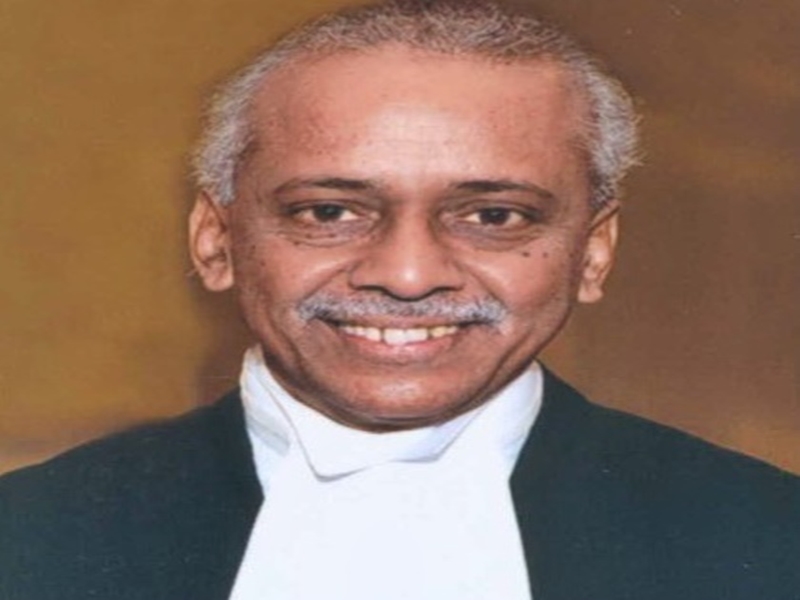National Human Rights Commission (NHRC)

- 24 Dec 2024
In News
Justice V. Ramasubramanian, a retired Supreme Court judge, has been appointed as the new chairperson of the National Human Rights Commission (NHRC). This decision was made by President Droupadi Murmu, and it comes following the completion of Justice Arun Kumar Mishra's tenure as NHRC chairperson in June 2023. After Justice Mishra's retirement, Vijaya Bharathi Sayani served as the acting chairperson. Alongside Justice Ramasubramanian, Priyank Kanoongo and Dr. Justice Bidyut Ranjan Sarangi (Retd.) have also been appointed as members of the commission.
Justice Ramasubramanian had been appointed a judge of the Supreme Court in September 2019 and retired in June 2023. His appointment to the NHRC is seen as a significant development for human rights advocacy and protection in India.
National Human Rights Commission (NHRC)
Establishment and Legal Framework
- Formation Date: The NHRC was established on October 12, 1993, under the Protection of Human Rights Act (PHRA), 1993.
- Paris Principles: It was created in alignment with the Paris Principles (1991), which were endorsed by the UN General Assembly in 1993, aimed at setting standards for national human rights institutions.
- Statutory Body: NHRC is a statutory body, meaning it is established by law, with a primary function to safeguard human rights in India.
Objectives
The NHRC's primary objective is to promote and protect human rights as defined in Section 2(1)(d) of the PHRA, which include fundamental rights such as:
- Right to Life
- Right to Liberty
- Right to Equality
- Right to Dignity
These rights are guaranteed by the Indian Constitution and are essential to the protection of individuals' freedoms and welfare.
Composition of NHRC
- Chairperson: A former Chief Justice of India or a former Supreme Court judge serves as the chairperson.
- Members:
- One former or sitting Supreme Court judge.
- One former or sitting Chief Justice of a High Court.
- Three members, with at least one woman, who have experience in human rights matters.
- Ex-Officio Members: The chairpersons of various National Commissions (e.g., SC/ST, Women, Minorities) and the Chief Commissioner for Persons with Disabilities are also part of the NHRC.
Functions and Powers
The NHRC has several crucial functions and powers to ensure the protection and promotion of human rights:
- Inquiry into Human Rights Violations: The commission can inquire into violations of human rights by public servants or negligence in protecting rights.
- Recommendations: It can make recommendations on how to protect, promote, and effectively implement human rights within India.
- Review of Laws: NHRC assesses various laws, treaties, and international instruments related to human rights.
- Research and Awareness: It promotes research, publications, and awareness about human rights issues, including educating the public about their rights and safeguards.
- Inspection of Institutions: NHRC has the authority to visit and inspect institutions such as jails, detention centers, and other places of confinement to ensure the humane treatment of individuals.
